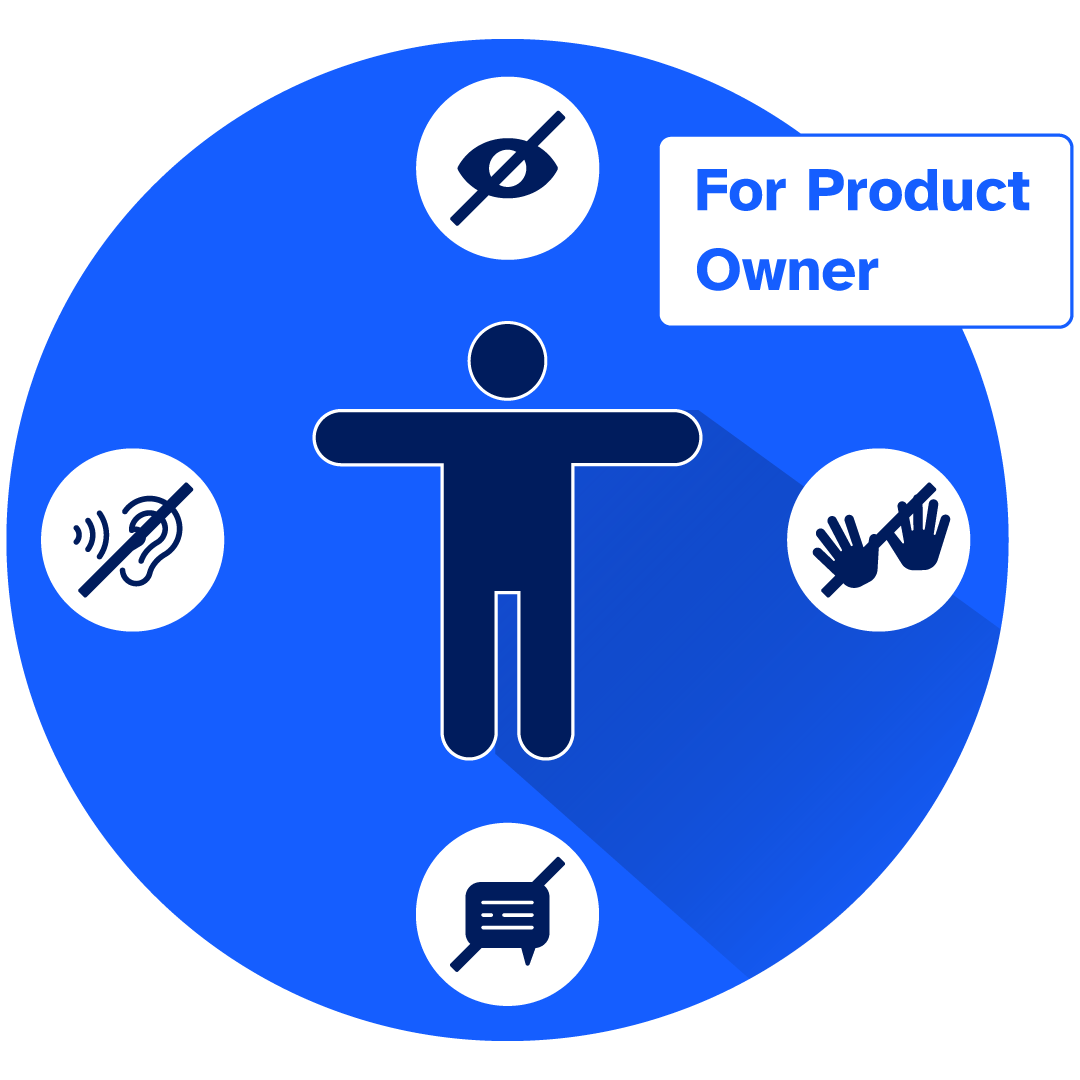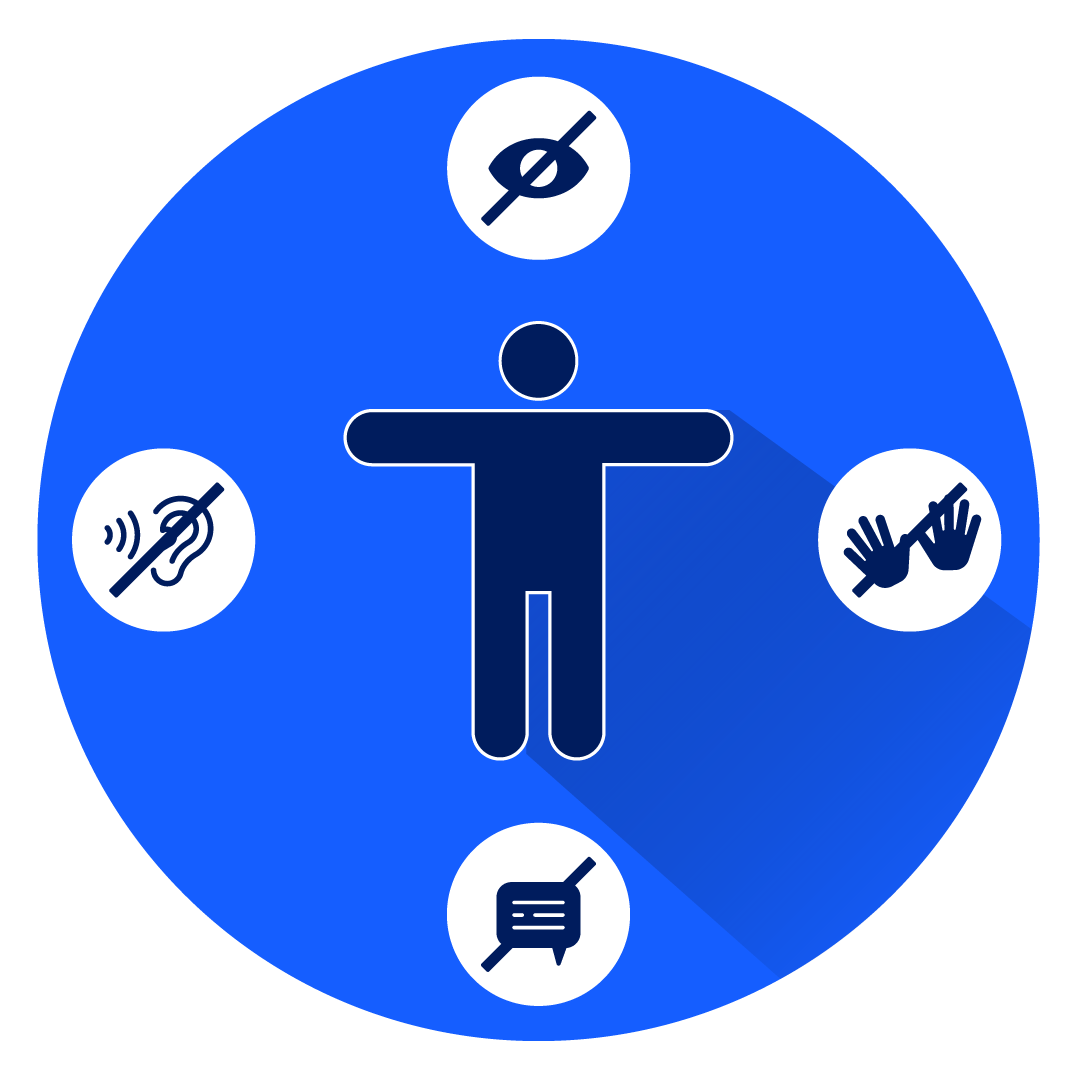What is the European Accessibility Act?
From 2025, all websites in the EU, with a few exceptions, must be optimised according to a11y criteria laid down in the European Accessibility Act. This act was drafted at EU level and is currently being transposed into national law. Its aim is to reduce barriers for groups of people with impairments and to provide them with experiences equivalent to those of users without impairments. This means that every website must also be accessible to users with impairments.
Accessibility means making (digital) systems accessible to as many people as possible, even if they have limited perception or physical abilities. It thus enables a more inclusive workplace and – particularly in web projects – a better SEO ranking.


